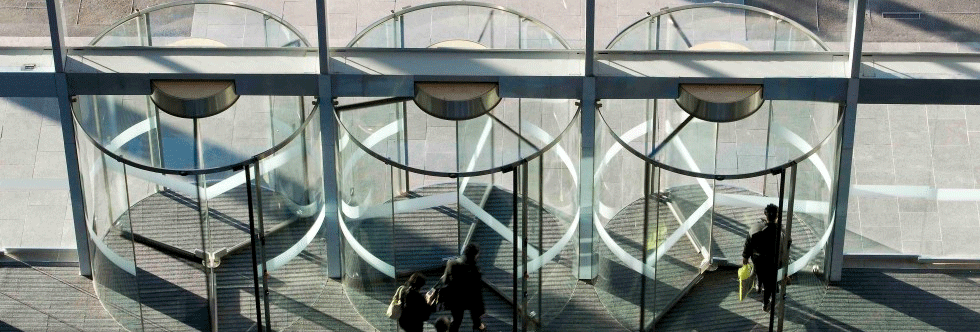
If you are living paycheck-to-paycheck, you are not alone. Last week the Brookings Institution released a new article by Princeton and NYU economists entitled The Wealthy Hand-to-Mouth. Some of the article’s findings were startling:
- Roughly one-third of American households — 38 million of them — are living a payday-to-payday existence.
- These families hold little to no liquid wealth from cash, savings or checking accounts.
- A staggering two-thirds of these households are not actually poor.
The last of these findings is what is so surprising. The wealthy hand-to-mouth tended to be older, better educated, make more money. They were also more likely to be married than their poor counterparts. Two-thirds of the “wealthy hand-to-mouth” families actually own substantial financial holdings. But their money is locked up in things like their houses, cars and retirement accounts. These types of illiquid assets cannot easily be tapped if a financial emergency comes along.
The big lesson from the study from the study is this. Spending as much as you bring in can be just as bad for as spending more than you bring in. It may be that in trying to keep up with the Joneses, you’re losing sight of the fact that the Joneses are trying to keep up with you. Just paying the bills isn’t enough. In a recent survey, 19% of Americans at all salary levels said they weren’t able to make ends meet every month last year.
You don’t have to be poor to be living hand-to-mouth. Living paycheck-to-paycheck doesn’t mean you’re uneducated or that you have no assets. But living paycheck-to-paycheck doesn’t leave enough room for investment, savings, paying down debt — or for real emergencies. You might not be either wealthy or poor, but if you are living hand-to-mouth, but there is usually something you can do about it.
If you have nothing left over from your paycheck at the end of the month, you may want to consider filing bankruptcy to get rid of your debt. We can help you examine your budget and weigh your options.
